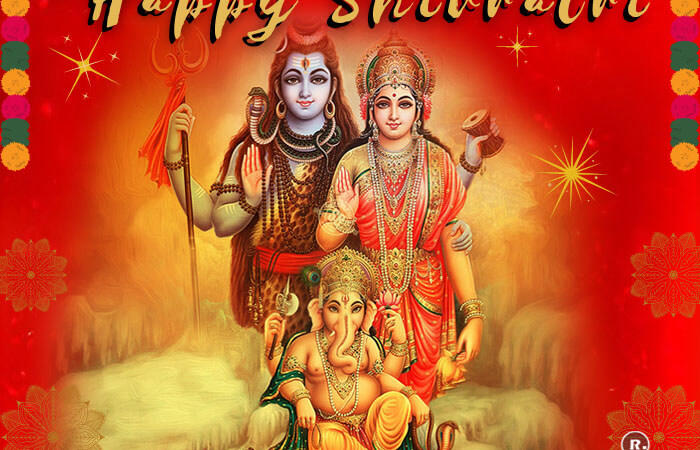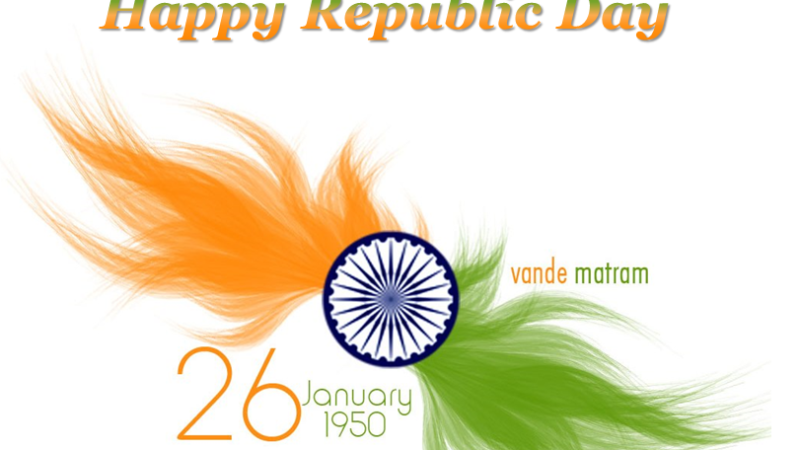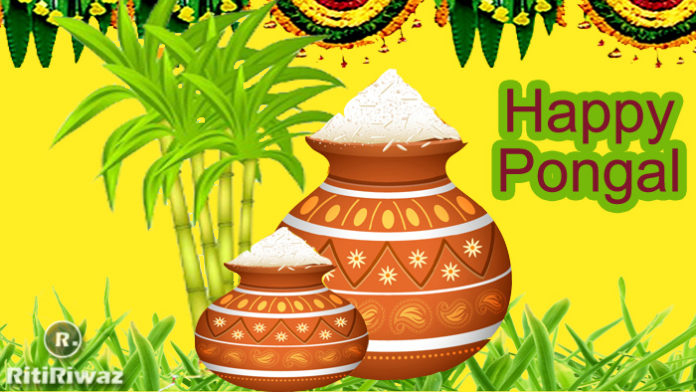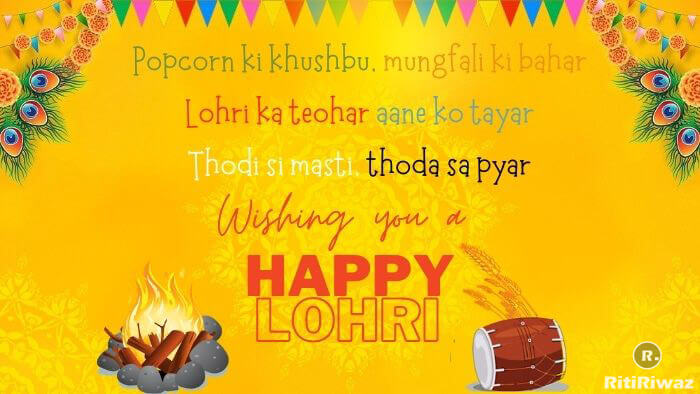Iftar Party | Fatoor

Iftar means breaking the daily fast during the Islamic month of Ramadan. Beginning to eat after the sun sets – especially during Ramadhan.
Ramadan began the first of the month. During this month, Muslims fast from sunrise to sunset, and make an extra effort to get closer to God by giving charity and focusing on spiritual practices, such as tarawih (special Ramadan prayers). However, before all the evening activities begin, everyone breaks their fast at iftar time.
Iftar happens at the time the adhan (call to prayer) occurs at Maghrib (sunset prayer). Traditionally, Muslims will break their fasts with dates and water. Sweets and other savory foods often fill the table, as well. After maghrib is offered, a full meal is shared. Many people stress the importance of sharing iftar with others, and not eating alone.
Muslims believe that feeding someone Iftar as a form of charity is very rewarding. It is also the practice of the Prophet Muhammad. Muslims also believe that feeding someone Iftar in Masjid Al-Aqsa in Palestine is the best reward, as it is the third most sacred Mosque in Islam.
Purpose of the fast
Quran Surah al-Baqarat verse 183 states that the purpose of the fast is to develop a quality called in Arabic “taqwa“. Taqwa may be defined as, “Worshiping God as if you see Him because if you don’t, He sees you.” It is thus a kind of awe or God-fearingness, an awareness that God is always watching. Nobody but God and the person fasting knows if that person actually observed the entire fast or secretly cheated. Thus, in order to resist the temptation to cheat, one has to remember that God is always watching and will see any lapse.
Who fasts during these days?
The fast is obligatory on all sexually mature adult Muslims. Those who are mentally handicapped or insane are not considered “adults” and do not have to fast. People who are ill do not have to fast if it would further damage their health; however, they should make up the missed fasts later when they become well again. Women who are pregnant or nursing are considered “ill” because fasting would harm their babies. As well, women who are having their menstrual period or who are experiencing post-partum bleeding should refrain from fasting during the days of their bleeding; the combination of blood loss and fasting could damage their health.
Children who have not yet reached puberty are not required to fast. However, it is good for them to practice, and for this reason, many Muslim children do fast start from age seven or nine. A doctor should be consulted about how much fasting is safe for a growing child. People who are traveling may also break their fast if they feel that keeping it would harm them; as well, soldiers on guard duty for whom maximum readiness is a must may break their fast. In all cases of illness or fear of illness, the missed days need to be made up later.
Customs attached to Ramadan
The Muslim world has an almost staggering diversity of cultures and each Muslim country may have its own customs and rites associated with Ramadan. Some customs are observed by most Muslims.
Recitation of the entire Quran, in imitation of the Prophet Muhammad (peace be upon him) who did so. This is usually done for the community from the mosques or (in Muslim countries) on the radio; individuals or families may also get together for their own recitation. Observance of special night vigil prayers in the late evening or middle of the night called Tarawih. Withdrawing to the mosque during the last ten nights of Ramadan for prayer and Quran recitation, which is called i’tikaf meaning “seclusion”.
Celebration of the “Night of Power” marking the specific date of the beginning of the revelation of the Quran on the 27th of Ramadan As well, the fast is broken each evening with a meal called “iftar” (meaning “breaking the fast”), and the last meal in the morning before dawn is called “suhur” (meaning “morning meal“). In Muslim countries, it is quite common to have feasts that last all night and run from iftar to suhur. These feasts are a time of celebration and community. There is also a special holiday marking the end of Ramadan, called Eid al-Fitr.






